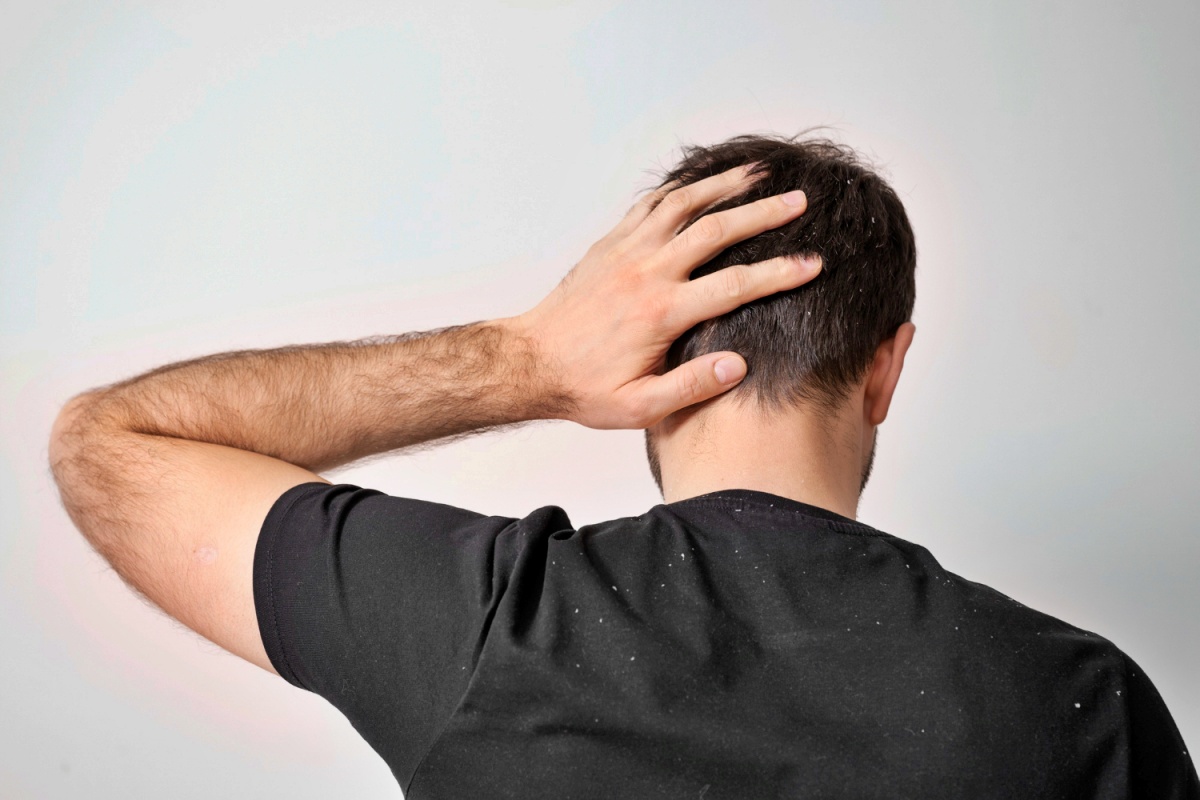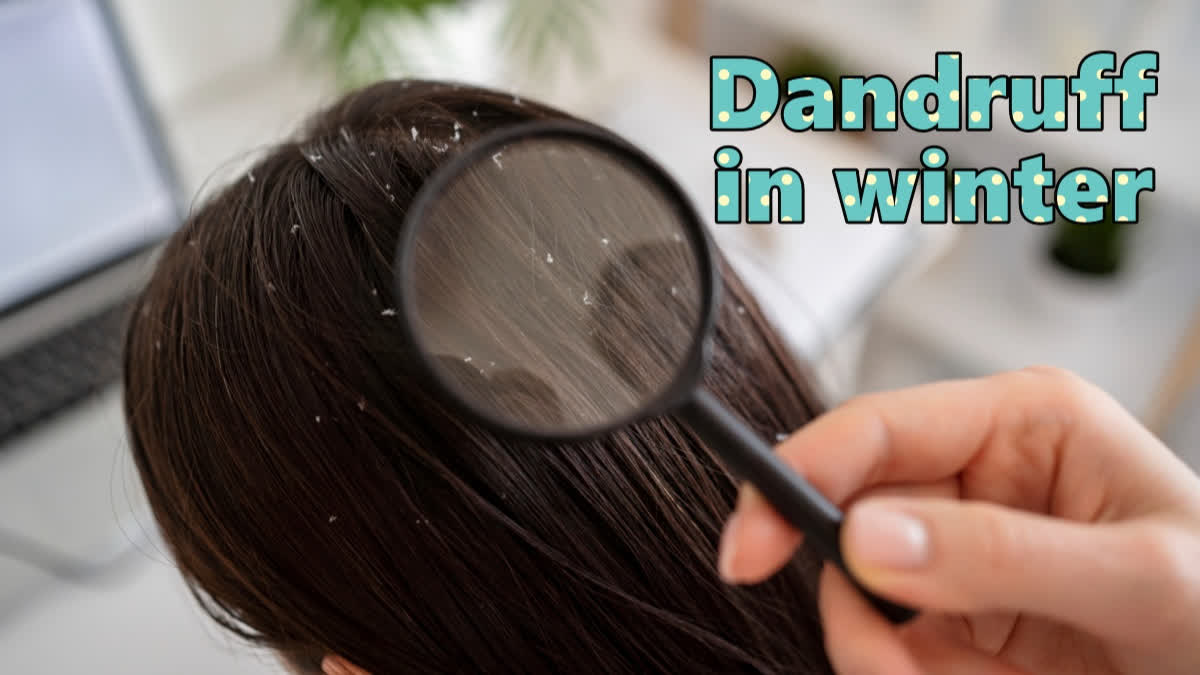Winter brings with it chilly air and cosy evenings, but it also triggers a common scalp issue—dandruff. Characterised by flaking, itching, and irritation, dandruff often worsens during the colder months due to dry air, changing hair care routines, and stress.
“Dandruff is primarily caused by the overgrowth of a naturally occurring fungus called Malassezia, which leads to irritation, flaking, and itching,” says Dr. Stuti Khare Shukla MD, Dermatologist and Founder - Elements of Aesthetics. She adds that other triggers include dry skin, sensitivity to hair care products and underlying skin conditions like seborrheic dermatitis or eczema.
Agrees Dr. Anindita Sarkar, Chief Medical Officer, Clinikally & Aayna Clinics. “Seasonal dryness often exacerbates dandruff in winter, especially for those with dehydrated skin.” She notes that patterns like redness and flaking can indicate seborrheic dermatitis, while overall dryness might suggest skin dehydration. Stress and weather changes can also worsen the condition.

How To Identify The Root Cause
Identifying the root cause of dandruff is crucial for effective treatment. Dr. Shukla advises observing whether flaking occurs alongside dryness in other body areas, as this may indicate dehydrated skin. On the other hand, if you experience irritation after using hair care products, it could be sensitivity to certain ingredients. For persistent or severe dandruff, both doctors recommend consulting a dermatologist for a proper scalp assessment.
Effective Treatments For Dandruff
1. Medicated Options
“Medicated shampoos with ingredients like ketoconazole, zinc pyrithione, and selenium sulfide are highly effective in controlling dandruff by targeting fungal overgrowth and reducing inflammation,” advises Dr. Sarkar. These shampoos should be used regularly but not excessively, as overwashing can dry out the scalp.
For severe cases, Dr. Shukla adds, “Advanced treatments like prescription-strength antifungals, corticosteroids, or salicylic acid-based exfoliants may be required to manage chronic dandruff.”
2. Natural Remedies
While medicated shampoos are the go-to solution, natural remedies can complement them. “Neem and aloe vera are excellent for soothing scalp irritation and reducing flaking,” suggests Dr. Sarkar.
Dr. Shukla highlights the benefits of tea tree oil, apple cider vinegar, and coconut oil for their antifungal and hydrating properties. However, both experts recommend consulting a dermatologist before trying natural remedies, since not all solutions work for every scalp type.
Diet And Lifestyle
“Diet and lifestyle play a significant role in controlling dandruff,” says Dr. Sarkar. She emphasizes a balanced diet rich in zinc, vitamin B and healthy fats to support scalp health. Staying hydrated is equally crucial to prevent dryness.
Dr. Shukla agrees, noting that “foods like fatty fish, nuts, seeds, and leafy greens can promote a healthier scalp.” She also stresses the importance of managing stress through techniques like yoga or meditation, since stress often triggers dandruff flare-ups. Avoiding sugary and processed foods is another key step to reducing inflammation.
Practices That Can Worsen Dandruff
“Certain hair care habits can exacerbate dandruff,” warns Dr. Sarkar. She points out that harsh shampoos and styling products with alcohol or strong fragrances can irritate the scalp. Overwashing can strip natural oils, causing dryness, while infrequent washing allows oil buildup that promotes fungal growth.
Dr. Shukla adds, “Excessive heat styling with tools like hair dryers and curling irons can damage the scalp and worsen flaking.” Both experts recommend using gentle, sulfate-free shampoos and finding a balance in washing frequency to maintain a healthy scalp.
Advanced Treatments For Chronic Dandruff
For those with chronic dandruff, standard remedies may not suffice. “Prescription-strength antifungal shampoos with ingredients like ketoconazole or ciclopirox are often necessary for severe cases,” says Dr. Sarkar. Salicylic acid-based scalp treatments can exfoliate stubborn scales, and in extreme cases, oral antifungals or light therapy might be recommended.
A customized dermatological approach (combining medicated treatments with tailored hair care routines) is essential for long-term management.
Expert Advice For A Flake-Free Winter
Dandruff in winter is a common but manageable condition. By identifying its root cause, using the right medicated or natural remedies, and maintaining a healthy lifestyle, you can effectively control dandruff. As Dr. Sarkar reminds us, “A clean and moisturized scalp is key to prevention.” Meanwhile, Dr. Shukla advises, “If over-the-counter solutions fail, don’t hesitate to seek professional help for advanced treatments.”
Read more:



